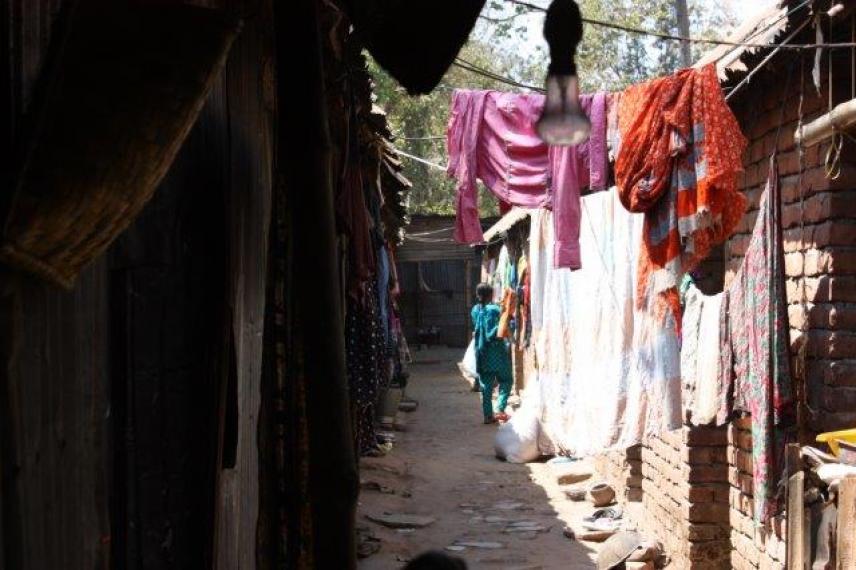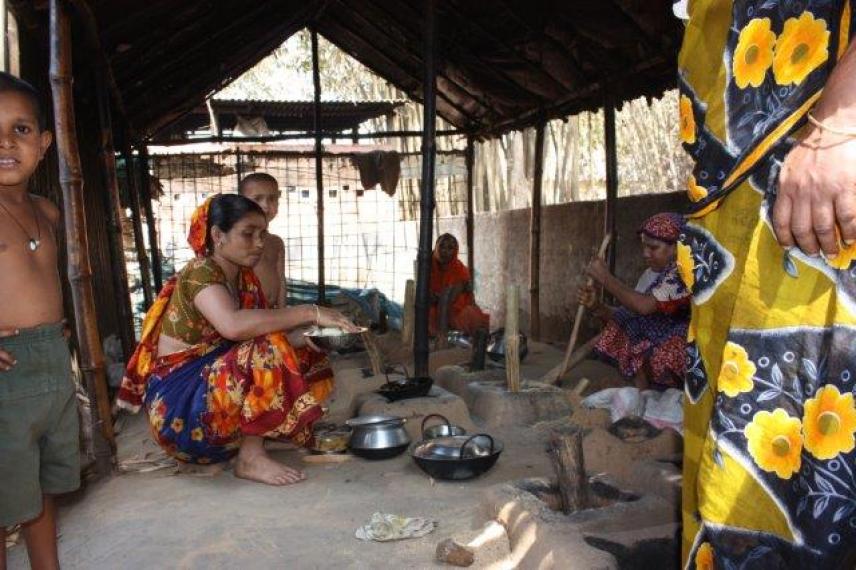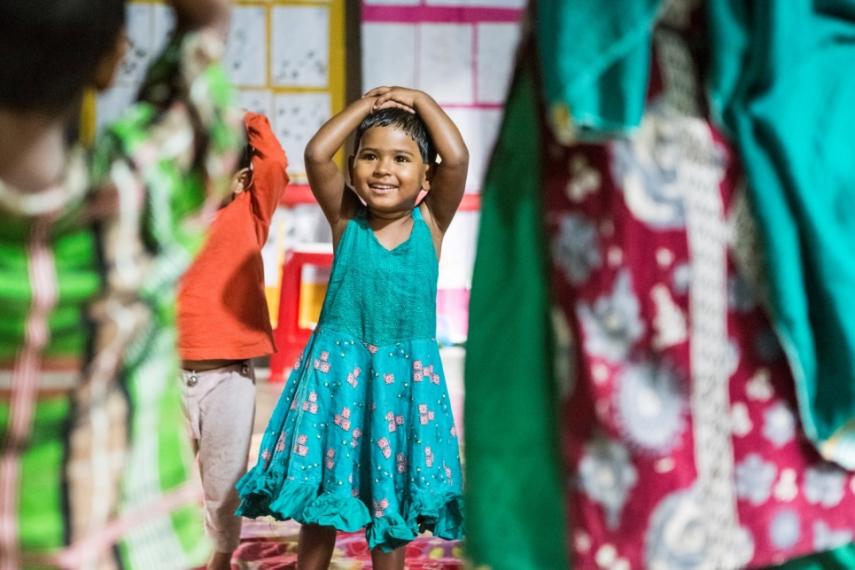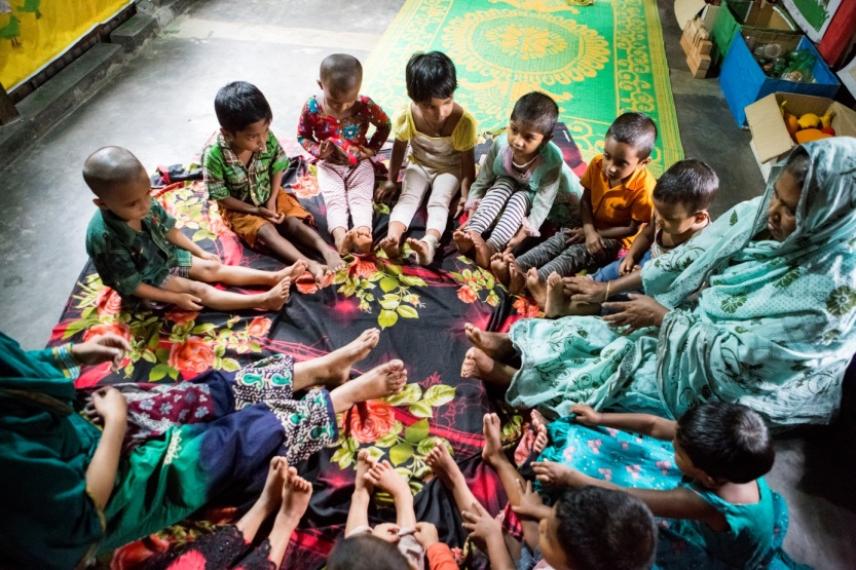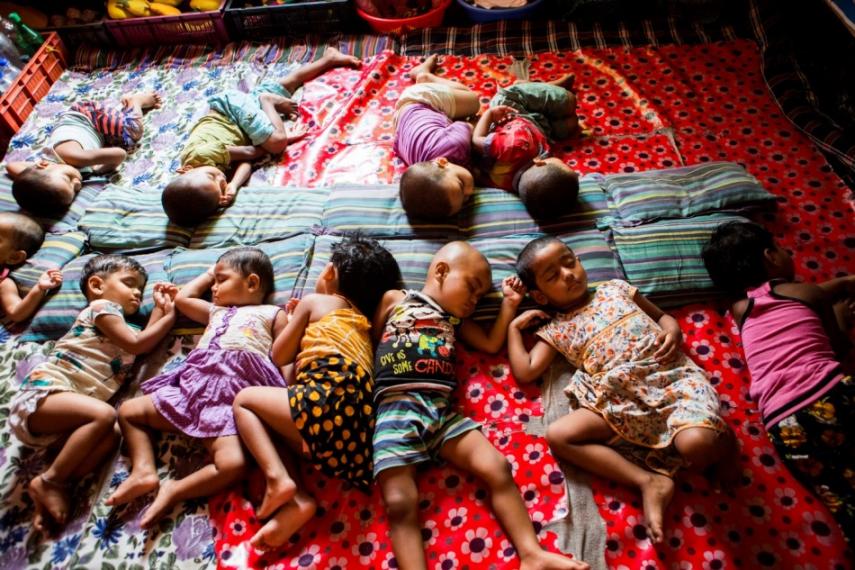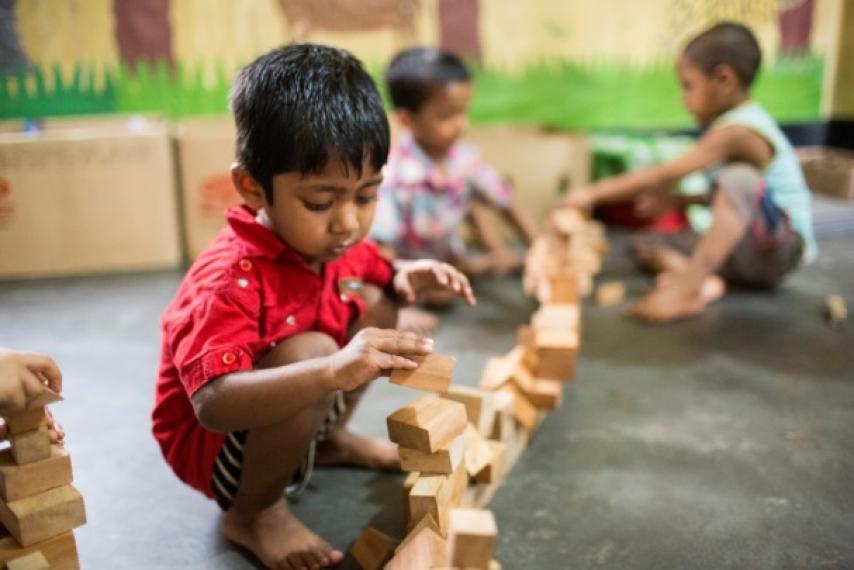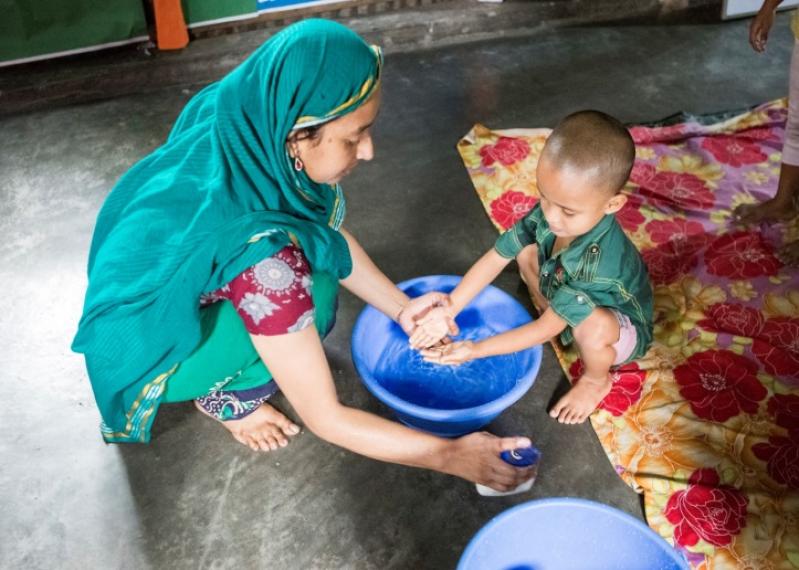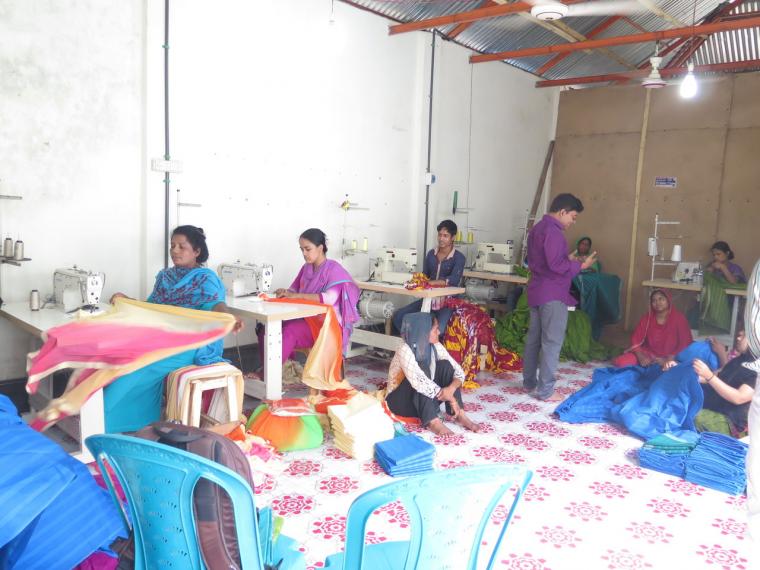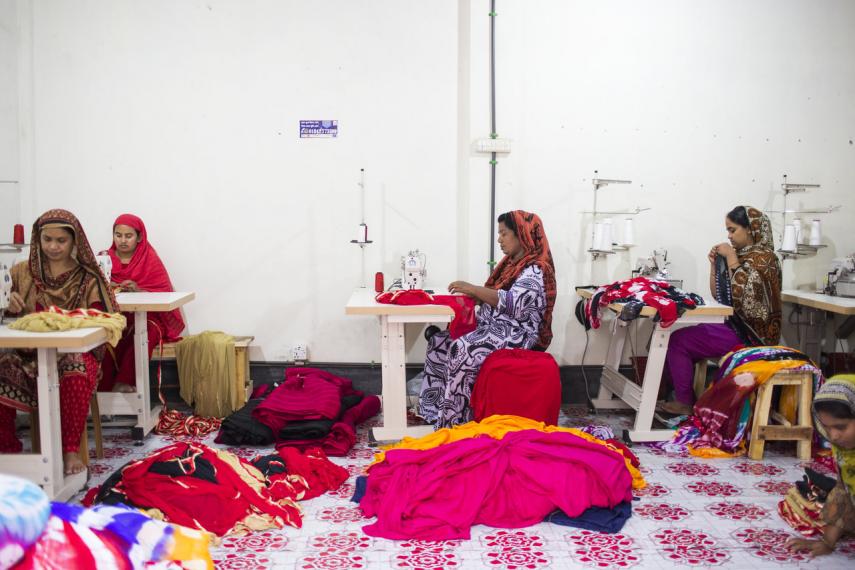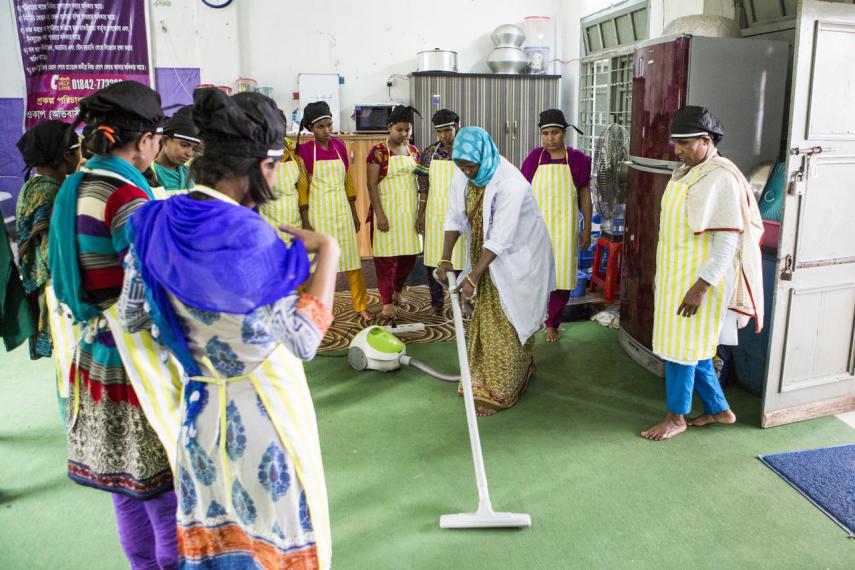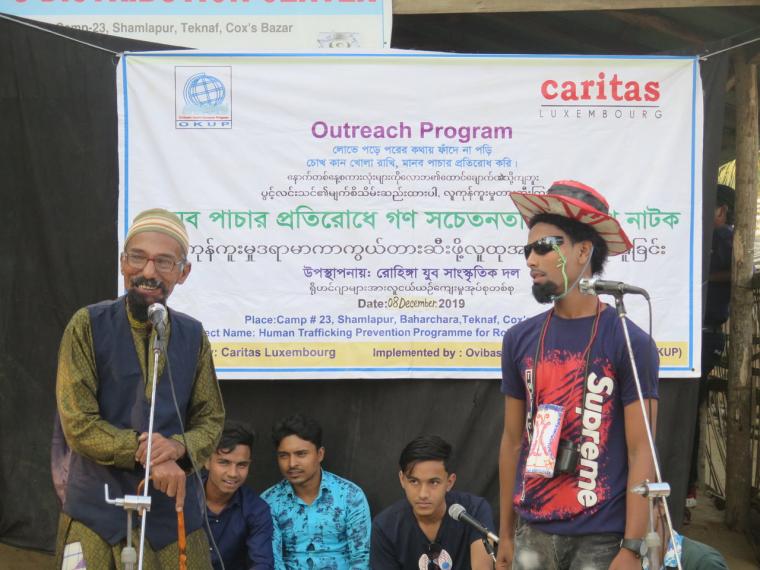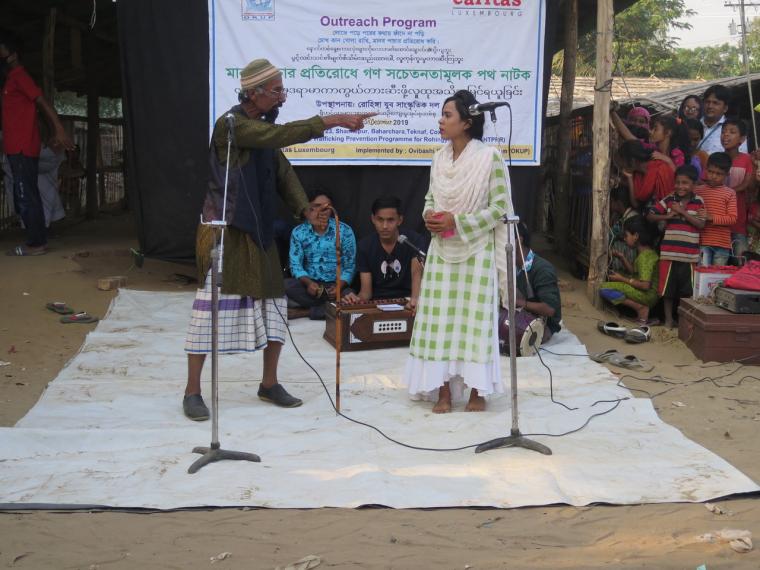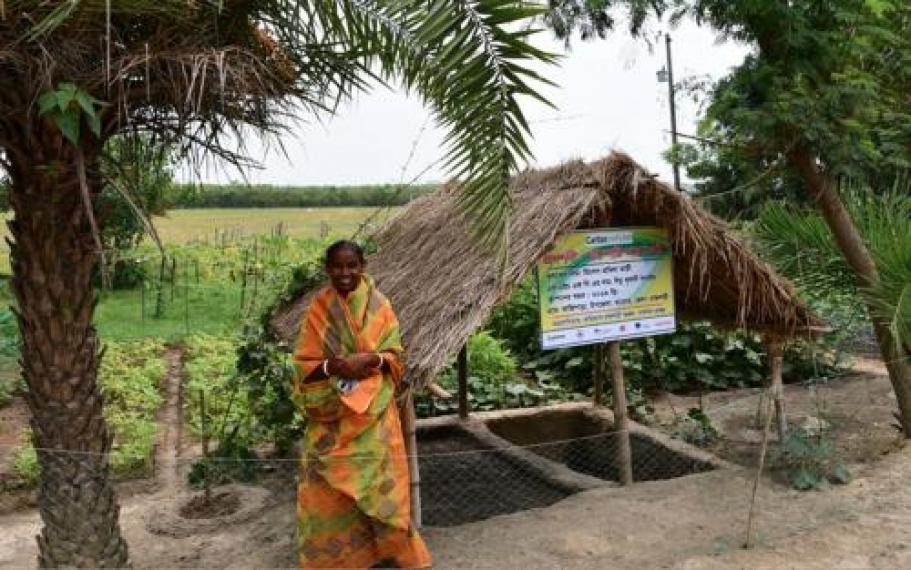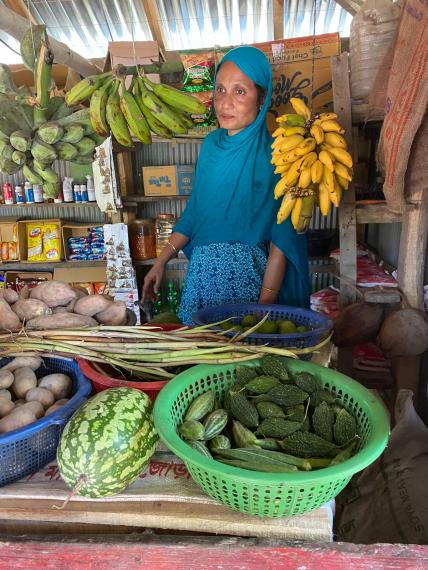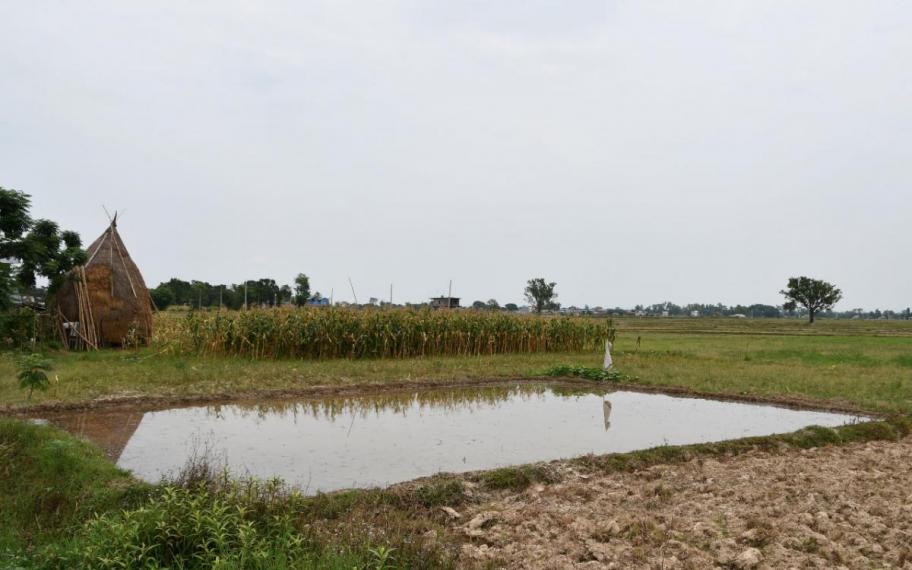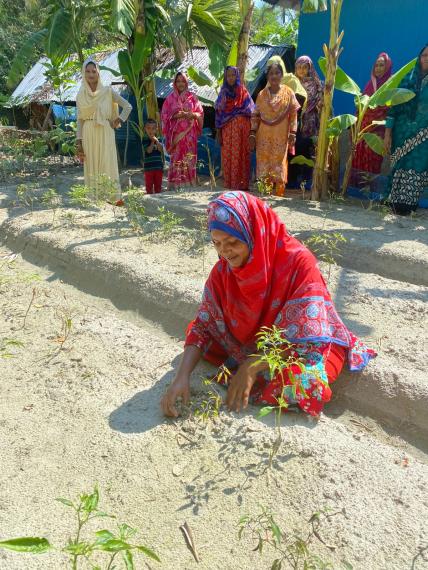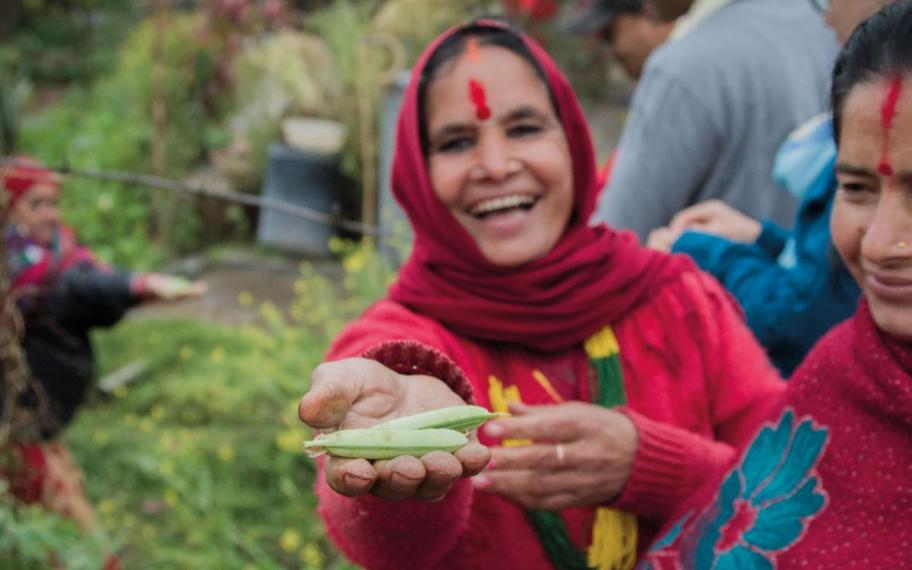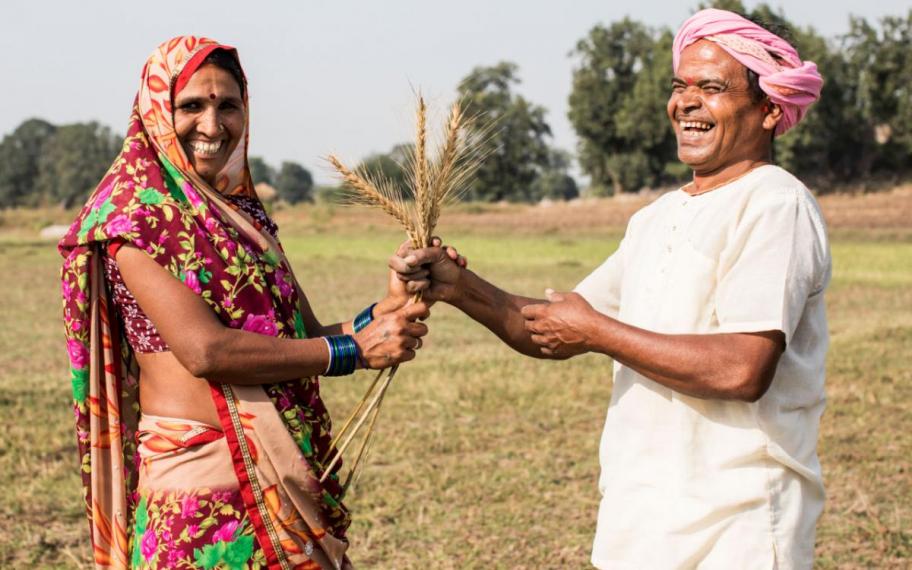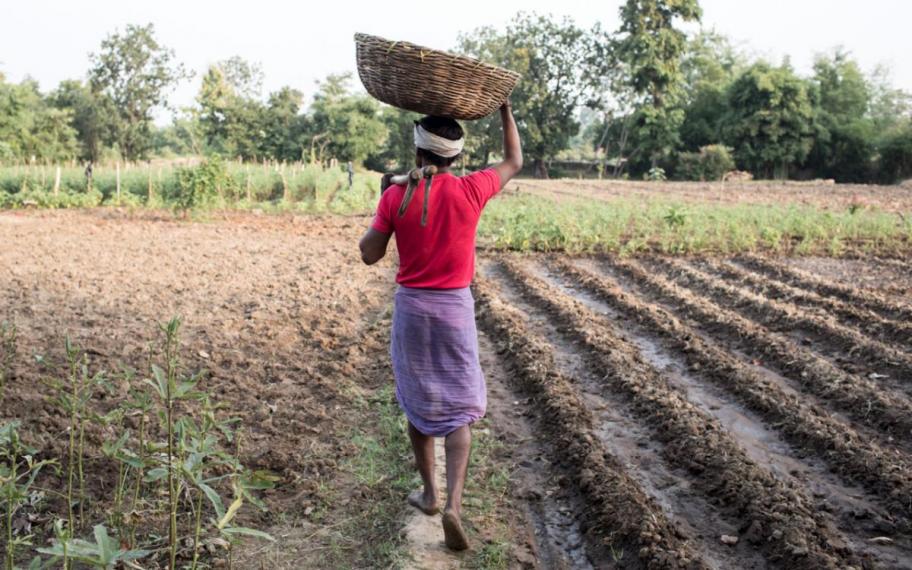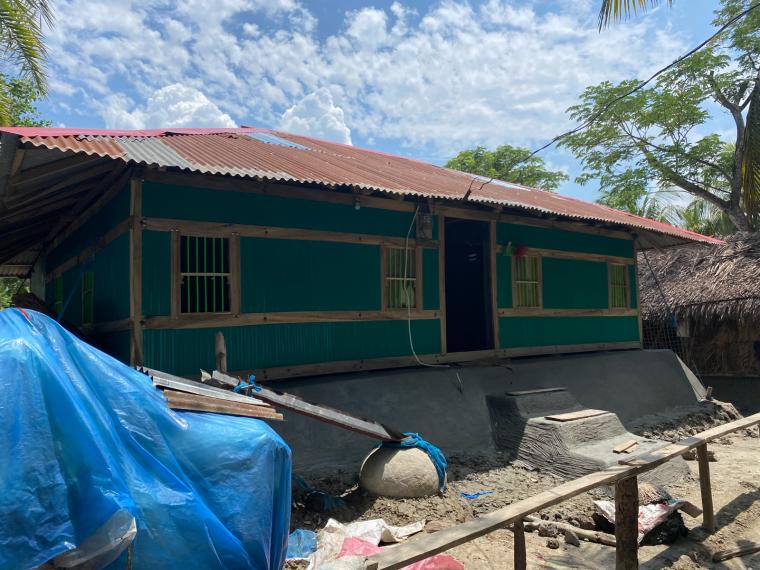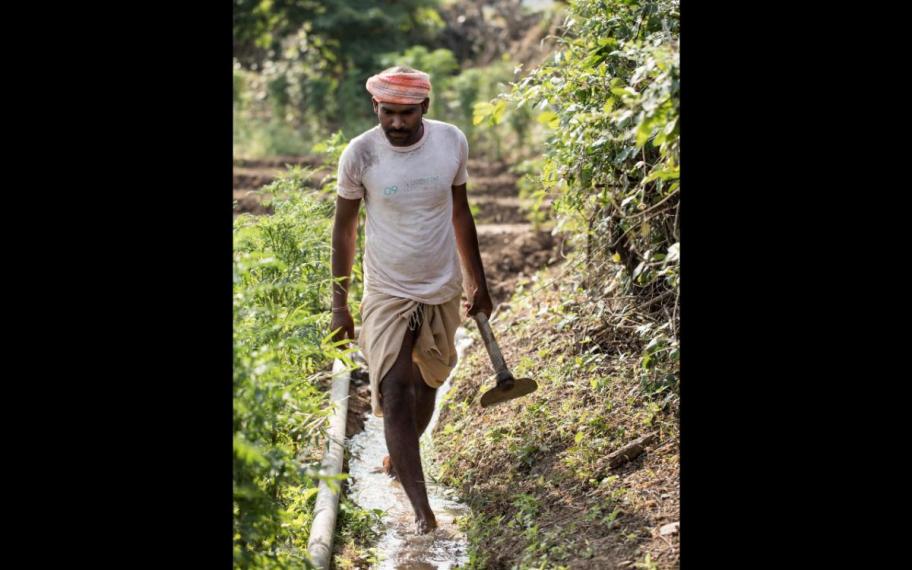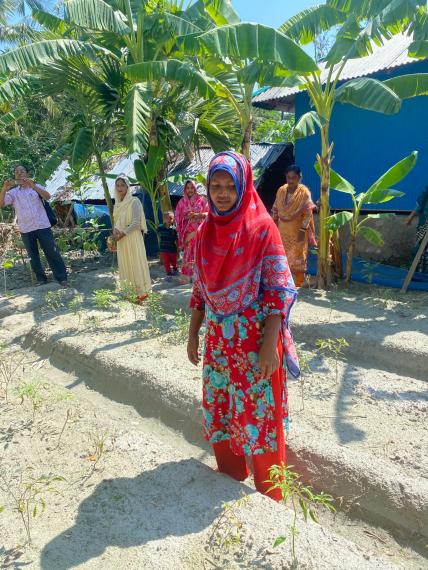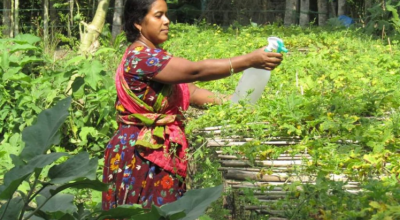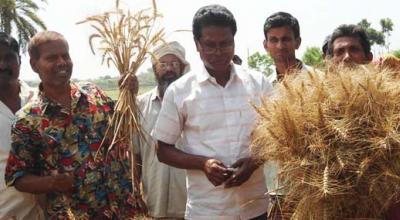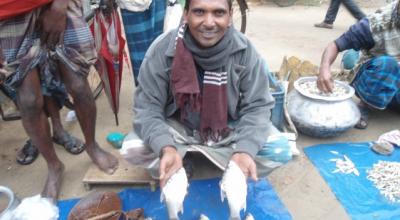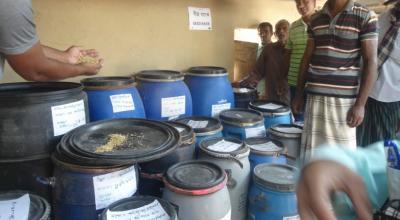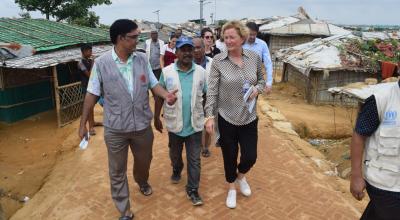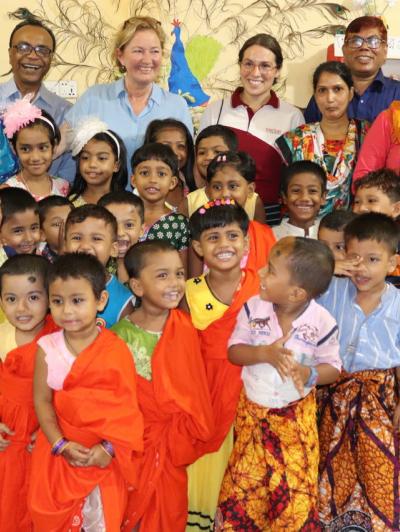
Bangladesh
Every year, between 300,000 and 400,000 people from rural regions, mostly very poor women, arrive in Dhaka, the capital of Bangladesh, in search of a better life.
They look for work in the textile industry, an important part of Bangladesh's economy. Clothes manufacturing represents 76% of the country's total export revenue. Thanks to this industry, women's status and incomes have increased to a remarkable degree, but this has come at a price. Women are forced to live in shanty towns and have to deal with many problems: poor working and housing conditions, violence, and a lack of access to healthcare. Many of them lose their jobs when they have children, because there are no families or day-care centres to look after their children while they are at work. Their children grow up in an environment of general insecurity, with very poor hygiene conditions and a lack of food.
Because the city of Dhaka is not equipped to deal with this huge demographic increase, shanty towns have developed. Inhabitants are forced to live in insanitary homes and in extremely poor conditions. Because shanty towns are generally illegal settlements, the infrastructures (electricity, running water, sewage disposal, transport, education and health) operated by private companies are very expensive. Families are often scattered, and aid and survival networks based on personal relationships between people are broken. In addition, shanty towns are often dangerous places that drive the population to criminality, drugs and prostitution. For people who live in shanty towns, textile factories offer the workers an alternative to improve their living conditions.
But in the textile industry, conditions are so hard that workers only work in the industry for 12 years on average. The company managers place enormous pressure on the workers, in order to ensure that orders are fulfilled within the required time limits. Hence, there are frequently no breaks at all. As well as health risks, there are also safety risks, even though the situation has improved markedly since the collapse of Rana Plaza on 24 April 2013, in which 1,100 workers were killed. Conditions are extremely hard, but people say that they are happy to have a job which, at 6,000 Taka per month (around 70 €), is much better paid than other jobs, such as domestic work.
And what about the children?
In order to fulfil their family's basic needs, both parents need to go to work. In some cases, women are left on their own with their children, and the pressure is even greater. In any case, the head of the family is torn between two harmful options: either go to work in the large textile production factories and leave their children on their own during the day, or give up the possibility of an income, which will plunge them deeper into extreme poverty. All too often, children of pre-school age are the losers in this desperate situation. They grow up in deprivation and are left unaccompanied by adults for long periods, with a very high risk of abuse or accidents. Children do not receive any stimulation. In many cases, older sisters have to stay at home with younger children, or even go to work themselves in order to increase the household income. In this case, the older children miss out on their own education, work in abusive conditions and are at risk of never escaping the vicious cycle of poverty. This is why childcare options for the youngest children are essential.
So what is the solution? Day nurseries!
Caritas Luxembourg supports the establishment of day nurseries for children aged 1 to 5 years. The aim is to ensure children's physical, emotional, cognitive and social development, and to improve the sanitary and hygiene conditions and social security of 900 households. There are already ten day nurseries for 200 children, running with the participation of the local community. The day nursery staff members are recruited directly from this local community. In addition, 54 day nurseries at women's homes have also opened their doors, welcoming an extra 270 children. The staff members receive training. In addition, women receive information and advice about the care and protection that children need, and about their physical and mental development and nutrition.
The sustainability of the project and the improvement of the day-to-day life of families are underpinned by training provided to the project beneficiaries who progressively take responsibility for the day nurseries and ensure their funding. Furthermore, the project encourages unemployed women to create their own day nurseries in their homes, so that they can earn an income while offering childcare to other families.
Companies in the textile industry that employ more than 50 people are obliged by law to implement a nursery system for their staff's children. Through awareness-raising and advocacy actions, factory managers are made aware that they need to fulfil their obligations and replicate this day nursery model. For example, the factories working for the clothing chain ZARA, among others, have started to fulfil their responsibilities with respect to their employees and their families, which already represents progress.
WOMEN AS AGENTS OF CHANGE AND ECOVILLAGES
Bangladesh is also threatened by climate change. The Khulna coastal region is vulnerable to rising sea levels, which are affecting the mangroves and preventing them from playing their protective role. The consequences are numerous: salinisation of water, droughts, increasingly strong cyclones, flooding, coastal erosion, etc. The Caritas Luxembourg project helps people who are vulnerable to climate change and marginalised communities, with particular support for women. In particular, they are trained and supported to become agents of change in their societies. They learn farming techniques such as permaculture to improve their food, economic and social resilience in the face of climate change. Risk reduction is also addressed through training and the refurbishment of homes to improve their energy efficiency. The project is also helping to develop sustainable income generation and livelihoods by helping women to increase their incomes through the development of agro-ecological businesses.
The creation of ecovillages in Bangladesh is an integral part of the project. The ecovillage is an intentional, traditional and urban community created in consciousness through local participatory processes in the four dimensions of sustainability (social, cultural, ecological and economic) in order to regenerate social and natural environments.
People who wish to support Caritas projects in Bangladesh - and more broadly all the activities of Caritas Luxembourg - can do so by making a donation by transfer to the account (CCPL) IBAN LU34 1111 0000 2020 0000 or directly below.
Donate
Your donation is essential to ensure the continuity of Caritas Luxembourg's actions in the service of the poor.
Other donation methods
